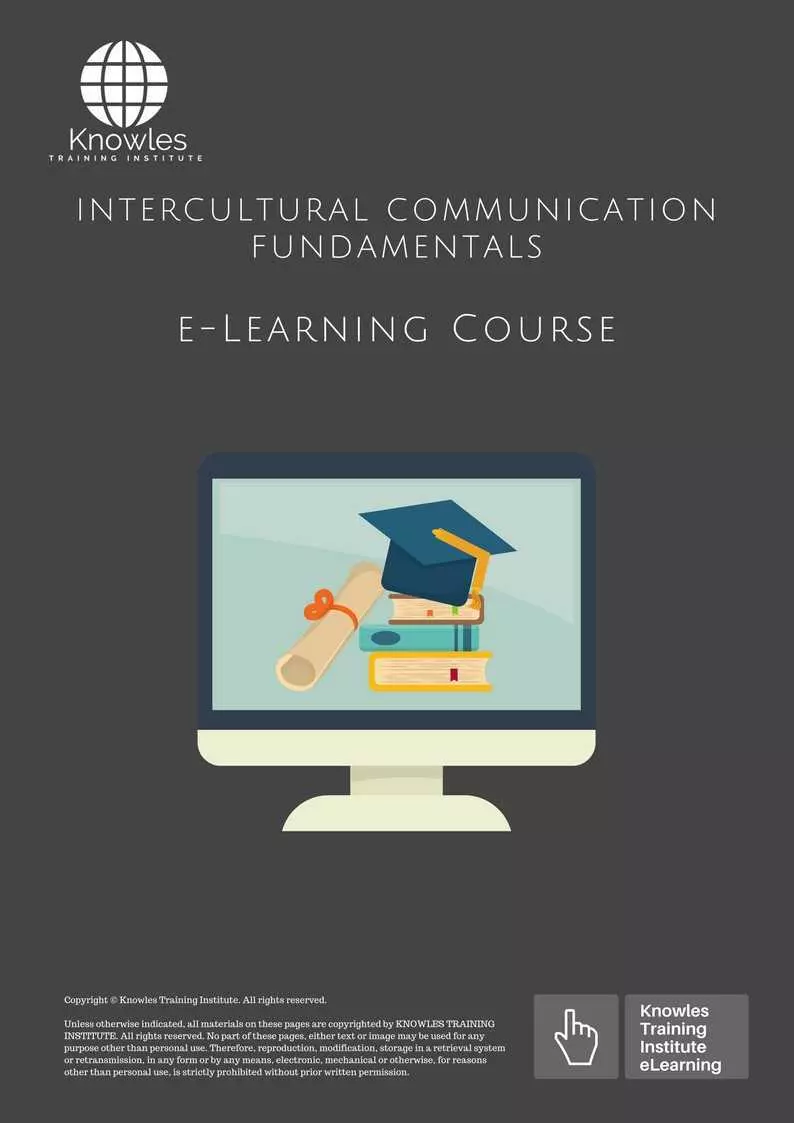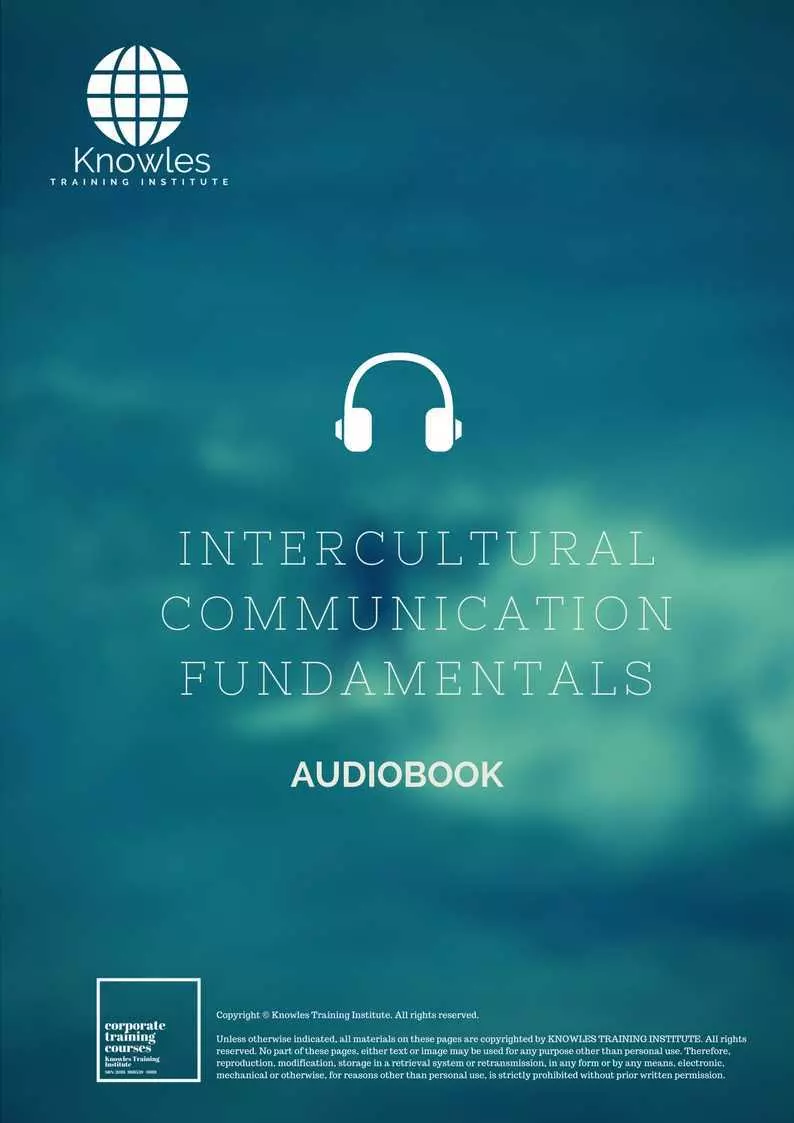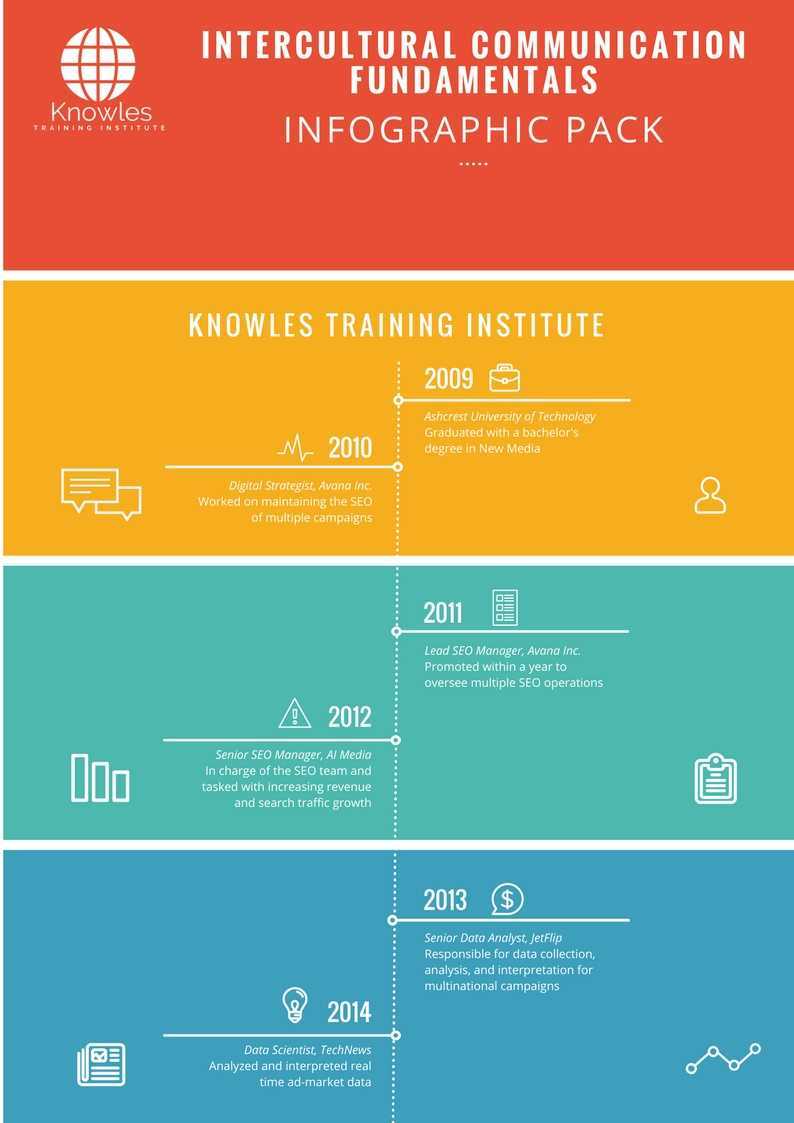Intercultural Communication Fundamentals Training Course In Singapore

About This Intercultural Communication Fundamentals Training Course
Intercultural Communication Fundamentals Skills Course in Singapore
Intercultural communication is a method that examines communication over different cultures and social groups, or how culture influences communication.
Who Should Attend This Intercultural Communication Fundamentals Workshop
This Intercultural Communication Fundamentals workshop is ideal for anyone who would like to gain a strong grasp and improve their Intercultural Communication Fundamentals.
All Staff Within An Organisation
Managers
Team Leaders
Executives
Assistants
Officers
Secretaries
Group Size For This Intercultural Communication Fundamentals Training Program
The ideal group size for this Intercultural Communication Fundamentals Training course is:
Minimum: 5 Participants
Maximum: 15 Participants
Course Duration For This Intercultural Communication Fundamentals Skills Course
The duration of this Intercultural Communication Fundamentals workshop is 2 full days. Knowles Training Institute will also be able to contextualised this workshop according to different durations; 3 full days, 1 day, half day, 90 minutes and 60 minutes.
2 Full Days
9 a.m to 5 p.m
Intercultural Communication Fundamentals Skills Workshop Benefits
Below is the list of course benefits of our Intercultural Communication Fundamentals course
- Learn about other cultures
- Improve skills of dealing with people with differing cultures
- Obtain skills that help improve sensitivity to other cultures
- Understand why intercultural communication is fundamental for success
- Learn the tricks of the trade for ensuring intercultural positivity
Intercultural Communication Fundamentals Training Course Objectives
Below is the list of course objectives of our Intercultural Communication Fundamentals course
- Be able to recognise difference as something exciting rather than as potential for conflict
- Appreciate all the benefits of having multiple cultures and use them to your advantage
- Understand the fundamentals of communicating with someone of a different culture
- Develop extensive plans to ensure everyone uses the same fundamental techniques to communicate
- Have plans for if this communication doesn’t go the way you intend
- Make comprehensive lists of fundamental expectations when communicating interculturally
Course Content For This Intercultural Communication Fundamentals Training Course
Below is the list of course content of our Intercultural Communication Fundamentals training course
- What is interculturalism and what value does it have in the workplace?
- Understanding why communication is fundamental when it comes to an intercultural workplace
- The different components of intercultural communication
- What are the fundamentals of approaching multicultural difference?
- Evaluating whether you’re successfully approaching multicultural difference
- Contingency plans: What if you miss the fundamentals?
- Case study: Communicating and Multicultural difference
Intercultural Communication Fundamentals Value Added Materials
Each participant will receive the following materials for the Intercultural Communication Fundamentals course
Intercultural Communication Fundamentals Learner’s Guide

Intercultural Communication Fundamentals Key Takeaways Notes

Intercultural Communication Fundamentals Essentials Ebook

Intercultural Communication Fundamentals Course Handouts

Intercultural Communication Fundamentals 30-Day Action Plan

Intercultural Communication Fundamentals MindMaps Pack

Intercultural Communication Fundamentals PPT Slides Used During Course

Intercultural Communication Fundamentals Long-Term Memory Flashcards Pack

Intercultural Communication Fundamentals E-Learning Course

Intercultural Communication Fundamentals Online Video Course

Intercultural Communication Fundamentals Essentials Audiobook

Intercultural Communication Fundamentals Infographics Pack

Intercultural Communication Fundamentals Workshop Certification
Each course participant will receive a certification of training completion

Course Fees
There are 4 pricing options available for this Intercultural Communication Fundamentals training course. Course participants not in Singapore may choose to sign up for our online training course.
- SGD 889.97 For a 60-minute Lunch Talk Session.
- SGD 389.97 For a Half Day Course Per Participant.
- SGD 589.97 For a 1 Day Course Per Participant.
- SGD 789.97 For a 2 Day Course Per Participant.
Discounts available for more than 2 participants.
Upcoming Intercultural Communication Fundamentals Training program Schedule
Contact us for the latest Intercultural Communication Fundamentals course schedules:
Phone: +65 6714 6663
Email: contact@knowlesti.com
Message:
Download Intercultural Communication Fundamentals Skills Course Brochure

Request for this Intercultural Communication Fundamentals course brochure. Fill up the short information below and we will send it to you right away!
Post-Training Support: A vast majority of training does not have any effect beyond 120 days. But to work, training has to have a strong pre- and post-training component. Post-training reinforcement consequently helps individuals to recall the understanding and ask questions.
Blended Learning: Learning does not occur in the classroom. Virtually everybody prefers distinct ways of learning. Successful learning should have a multi-channel, multi-modal strategy.
We Understand The Industry: Similarly, we’ve got a profound comprehension of the business, business design, challenges, strategy and the that our participants are in and have designed the courseware to cater to their professional needs.
Course Content: Knowles Training Institute’s material is relevant, of high quality and provide specific learning outputs. As a result, Participants will leave the training course feeling as they have gained a strong understanding and will also be in a position to execute what they have learned sensibly.
Course Development — The workshop modules follow a systematic and logical arrangement. Therefore, this structure helps to ensure that the course material allows the facilitators to deliver the course in a logical arrangement. Consider the subjects as building bricks into learning, our facilitators slowly build towards a comprehensive picture of this entire topic.


Course Enquiries

Fill up the form and we will get back to you in less than 1 working day.
Alternatively, give us a call to have one of our training consultants contact you. Our corporate training courses can be contextualized to meet your organization’s training needs. Leverage on our large pool of professional trainers and consultants for your organization’s training needs.
Office Address: 60 Paya Lebar Rd, #07-54 Paya Lebar Square, Singapore 409051
Office Phone: +65 6714 6663
Email: contact@knowlesti.sg
We Guarantee 100% Privacy. We Respect Your Privacy. Your Information Will Never Be Shared.


